Key Takeaways:
• JPMorgan CEO Jamie Dimon sees rising risk of stagflation in the U.S.
• High deficits, global tensions, and tariffs could threaten growth.
• The Fed is cautious, holding interest rates steady.
• Meanwhile, outlooks on global markets diverge: JP Morgan likes EM stocks, Morgan Stanley favors U.S. equities.
What is Happening?
Jamie Dimon, CEO of JP Morgan Chase, recently warned that the U.S. economy may be heading toward stagflation. This is a situation where inflation is high, but economic growth slows down, and unemployment rises—a dangerous mix for any economy.
Speaking at JPMorgan’s Global China Summit in Shanghai, Dimon said, “I don’t agree that we’re in a sweet spot.” He pointed to rising government deficits, geopolitical tensions, and price instability as major risks for the U.S. economy.
Why is Dimon Concerned?
1. U.S. Deficits
The U.S. government is spending more than it earns. High deficits can lead to more borrowing and rising interest rates, which hurt businesses and consumers.
2. Global Geopolitical Tensions
Ongoing global conflicts and trade issues are affecting market confidence. These include tensions with countries like China and Russia, as well as unstable oil prices.
3. Tariffs and Trade Wars
Tariffs increase the cost of goods. President Trump’s past tariff policies have made imports more expensive, leading to higher inflation and pressure on businesses and consumers alike.
The Fed’s Approach
The Federal Reserve (Fed), the central bank of the U.S., recently decided to pause interest rate hikes. Officials believe it’s better to wait and watch before making more changes. They are concerned that increasing rates further could slow down the economy too much, especially when inflation and unemployment are both looking risky.
Emerging Markets: A Bright Spot?
Interestingly, while Dimon is warning about the U.S., J.P. Morgan has become more positive about emerging market (EM) stocks.
Why the Change?
Two main reasons:
1. U.S.-China Trade Deal:
The two countries recently agreed to reduce tariffs for 90 days.
U.S. lowered tariffs on Chinese goods from 145% to 30%.
China reduced tariffs on U.S. goods from 125% to 10%.
This agreement eases global trade pressure and supports EM economies.
2. Weaker U.S. Dollar:
A weaker dollar helps EM countries that rely on dollar-based trade or debt. This makes EM stocks more attractive to investors.
J.P. Morgan has shifted its rating from “neutral” to “overweight” on EM stocks, meaning they now recommend investing more in this segment.
Morgan Stanley Bets on U.S. Equities
On the other hand, Morgan Stanley is more confident about the U.S. stock market. The firm has upgraded U.S. equities to “overweight” as well.
Their View:
The global economy is still growing, even if it’s slowing down.
U.S. companies are resilient and still showing positive earnings.
The current environment is seen as a slowdown, not a recession.
They believe this is a good time to invest in U.S. stocks, even with uncertainty around policy and inflation.
Conclusion: What Should Investors Watch?
Right now, global markets are sending mixed signals:
JPMorgan’s Dimon is cautious about the U.S., warning of stagflation risks.
The Fed is careful, waiting before making interest rate changes.
J.P. Morgan likes emerging markets, thanks to trade progress and a weaker dollar.
Morgan Stanley prefers U.S. stocks, betting on continued growth despite headwinds.
What You Can Do:
• Keep an eye on U.S. inflation and job reports.
• Watch how tariffs and trade policies evolve.
• Monitor central bank decisions in the U.S. and abroad.
• Diversify your investments across geographies.
FAQs
What is stagflation?
Stagflation is when inflation is high, but economic growth is low, and unemployment is rising. It’s a tough condition for any economy.
Why are tariffs a problem?
Tariffs raise the cost of goods, leading to inflation and slowing business activity.
Should I invest in U.S. or emerging markets?
Both have their own opportunities. U.S. markets may offer stability, while emerging markets could provide higher returns due to recent trade improvements.

BBW News Desk is the editorial team of BigBreakingWire, a digital newsroom focused on global finance, markets, geopolitics, trade policy, and macroeconomic developments.
Our editors monitor government decisions, central bank actions, international trade movements, corporate activity, and economic indicators to deliver fast, fact-based reporting for investors, professionals, and informed readers.
The BBW News Desk operates under the editorial standards of BigBreakingWire, prioritizing accuracy, verified information, and timely updates on major global developments.
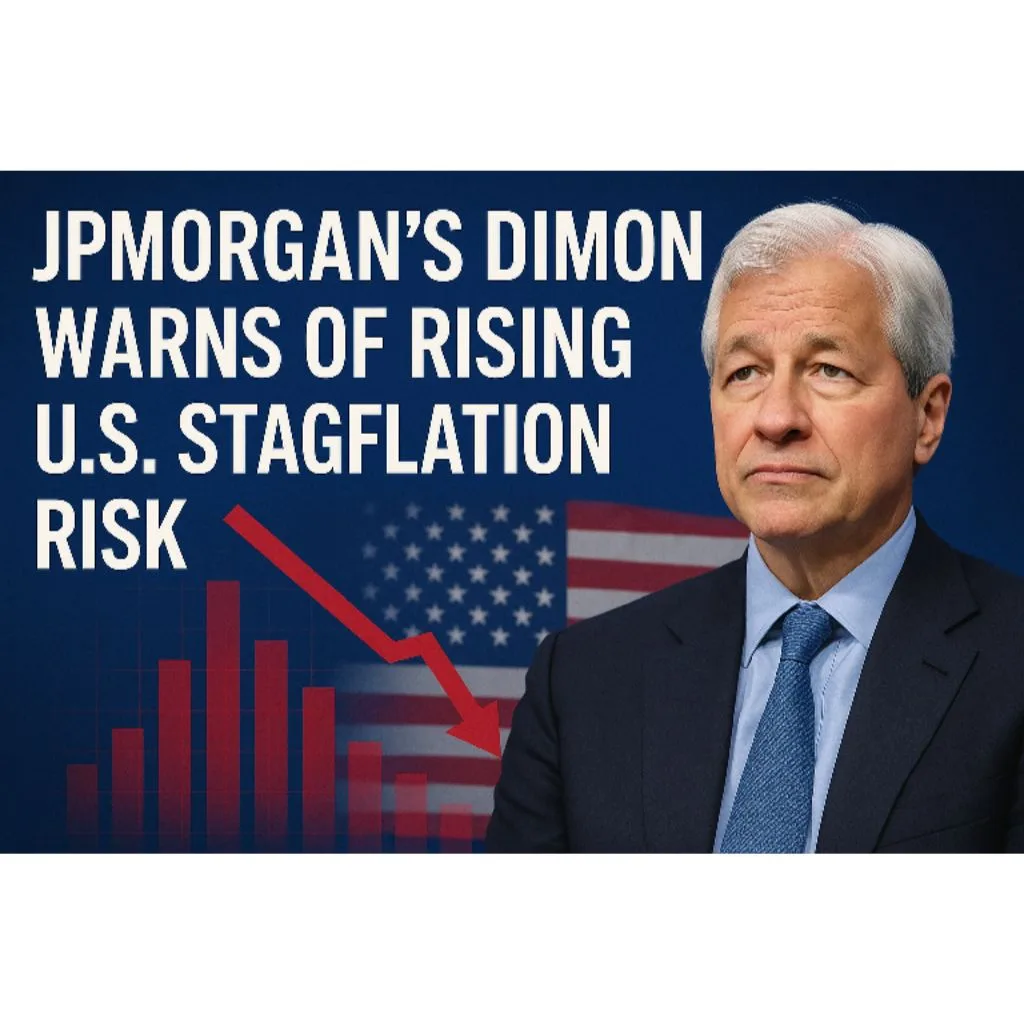











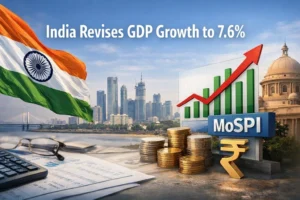

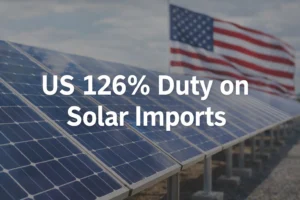






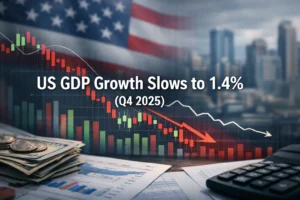



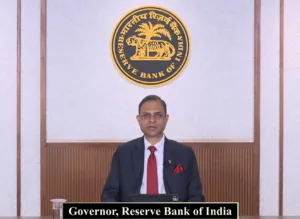




Be First to Comment